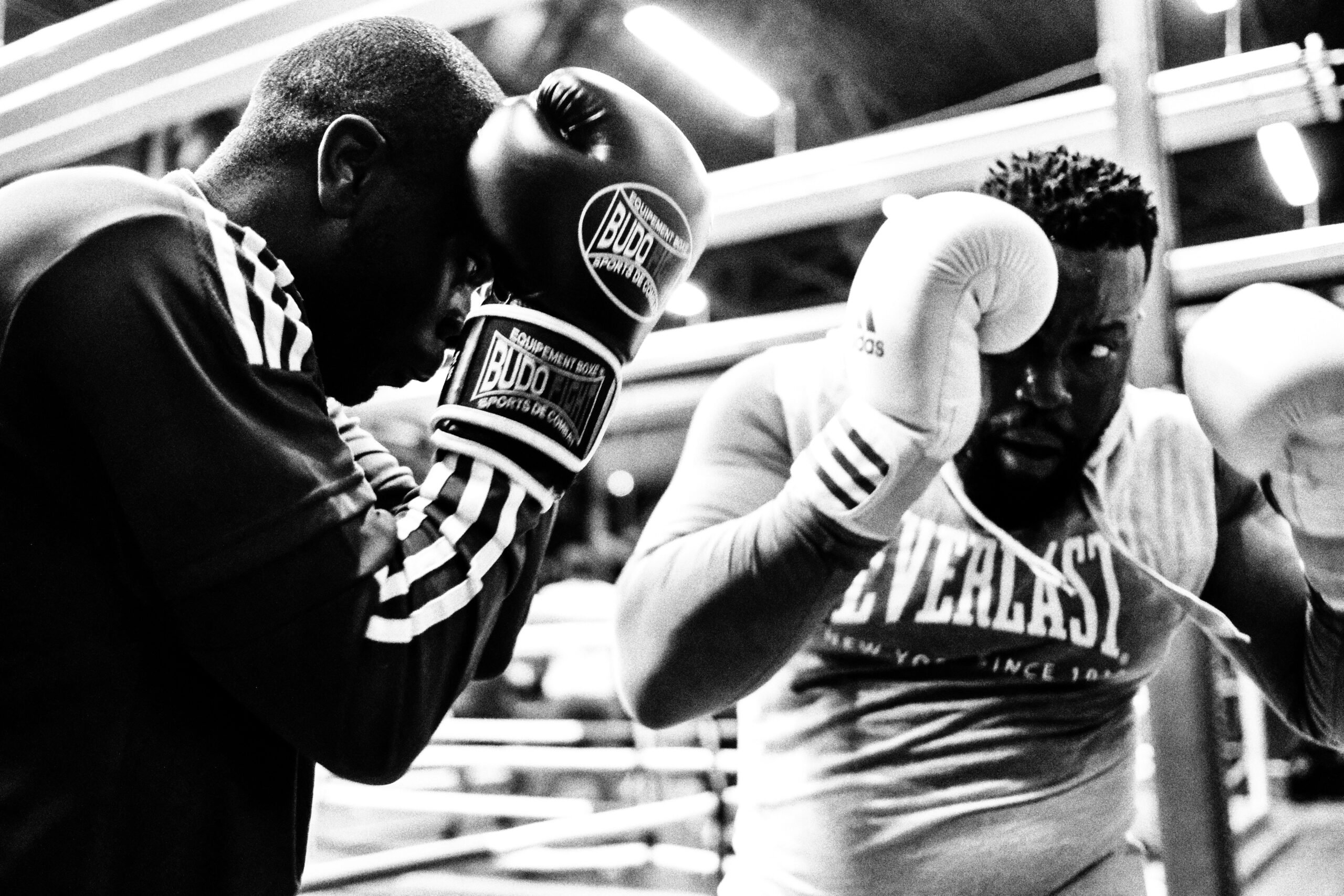National Identity Influences International Sports Competitions
International sports competitions such as the Olympics, World Cup, and various championships not only showcase athletic prowess but also serve as platforms where national identities are prominently displayed and reinforced. This phenomenon underscores how deeply intertwined sports and national identity have become in the contemporary global arena.
Understanding National Identity in Sports
National identity encompasses the shared sense of belonging and cultural cohesion that defines a nation. In the context of sports, it manifests through several key elements:
- Symbolism: National flags, anthems, and emblems are central symbols that athletes and fans alike rally behind during international competitions.
- Cultural Representation: Sports often reflect and reinforce national cultural values and traditions, shaping how a nation is perceived on the global stage.
- Historical Narratives: Sporting achievements can evoke historical narratives of national resilience, triumph, and unity.
The Role of Sports in National Unity
Sports have a unique ability to foster national unity by creating shared moments of pride and solidarity. For example, when a national team competes in a prestigious event like the FIFA World Cup or the Rugby World Cup, it can galvanize entire nations regardless of internal differences.
“Sport can create hope where once there was only despair.” Nelson Mandela
This quote by Nelson Mandela underscores the transformative power of sports in shaping national narratives and aspirations.
Case Studies: National Identity in Action
1. FIFA World Cup
The FIFA World Cup is perhaps the most potent example of how national identity influences international sports. Every four years, countries from around the world compete not just for the title of world champion, but also to assert their national pride. For instance, Brazil’s passionate embrace of football reflects its national identity rooted in creativity, flair, and resilience.
2. Olympics
The Olympic Games embody the peaceful celebration of global unity through sport. Each participating nation sends its best athletes, draped in national colors, to compete under their national flags. This spectacle reinforces national identities while promoting international cooperation and understanding.
The Globalization Challenge
Globalization has both amplified and challenged the influence of national identity in sports. While athletes increasingly compete and train internationally, their loyalty and identification with their home countries remain strong. This dual identity often enriches the global sports landscape but can also pose challenges, especially in cases where athletes have dual citizenship or compete under different flags.
Conclusion
In conclusion, national identity is a powerful force that permeates international sports competitions, shaping narratives of pride, unity, and cultural representation. As the world continues to globalize, the role of sports in fostering and expressing national identity remains a dynamic and evolving phenomenon.
Understanding how national identity influences sports not only enhances our appreciation of athletic competitions but also provides insights into broader socio-cultural dynamics on the global stage.


